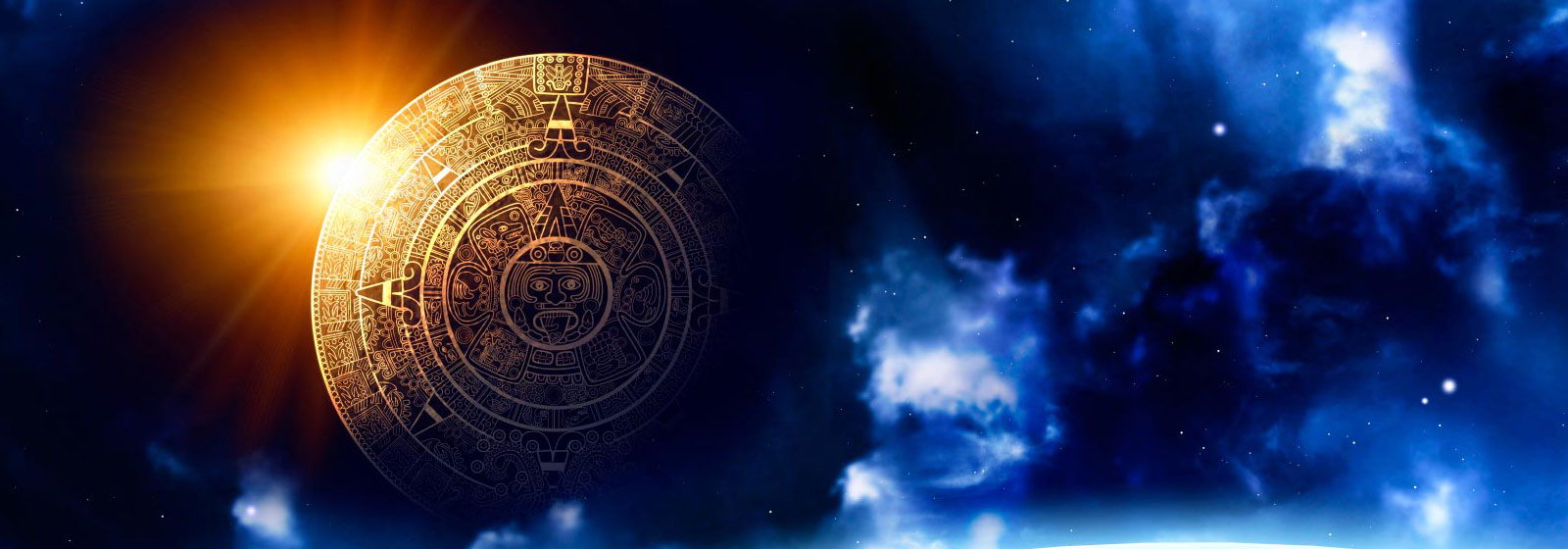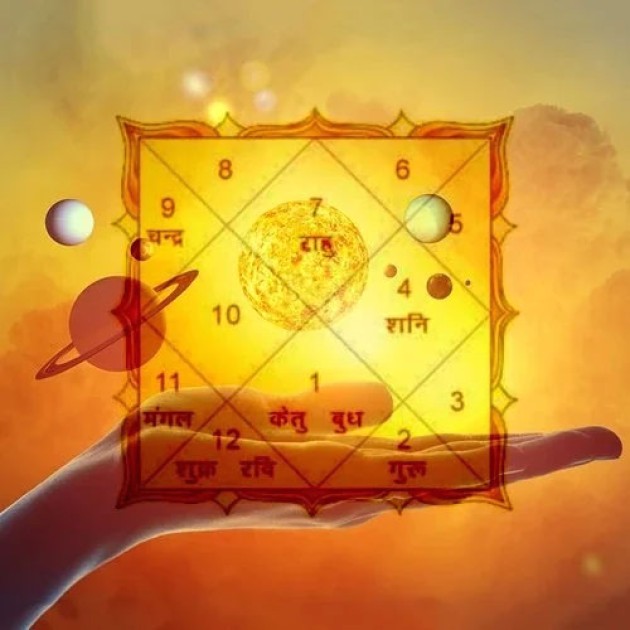
Vedic astrology, also known as Jyotish, is an ancient system of astrology that originates from the Vedic traditions of India. Rooted in the spiritual and philosophical teachings of the Vedas, the sacred Hindu scriptures, Vedic astrology has been practiced for thousands of years to provide insights into human existence, the nature of the universe, and the connection between cosmic events and individual lives. The term "Jyotish" means "science of light," signifying its role in illuminating the path of life by studying the movements and positions of celestial bodies.
The Foundation of Vedic Astrology
Vedic astrology is based on the belief that the positions of the planets and stars at the time of a person’s birth can influence their personality, behavior, and life events. The core tool in Vedic astrology is the natal chart (or Kundali), which is a map of the sky at the exact moment and location of a person's birth. This chart is divided into 12 houses, each representing different areas of life, such as career, relationships, family, health, and spirituality.
Unlike Western astrology, which primarily uses the tropical zodiac, Vedic astrology relies on the sidereal zodiac. The sidereal system is more closely aligned with the actual positions of the constellations in the sky, as it takes into account the precession of the equinoxes, a gradual shift in the Earth's axis over time. This makes the zodiac in Vedic astrology slightly different from the one used in Western astrology. For instance, while someone might be a Sagittarius in the tropical zodiac, they could be a Scorpio in the sidereal zodiac.
Key Components of Vedic Astrology
Several key elements are central to understanding Vedic astrology, including planets, houses, signs, and aspects. Together, these components provide a detailed and intricate picture of an individual's life.
Planets (Grahas): In Vedic astrology, the nine planets (or "Navagrahas") play a central role. These include:
- Sun (Surya): Represents the self, ego, vitality, and leadership.
- Moon (Chandra): Governs emotions, mind, and maternal energy.
- Mars (Mangal): Associated with energy, courage, and aggression.
- Mercury (Budh): Rules communication, intellect, and commerce.
- Jupiter (Guru): Represents wisdom, spirituality, and expansion.
- Venus (Shukra): Governs love, beauty, and material pleasures.
- Saturn (Shani): Associated with discipline, karma, and challenges.
- Rahu and Ketu: These are shadow planets or lunar nodes. Rahu represents material desires, while Ketu symbolizes detachment and spiritual growth.
Houses (Bhavas): The natal chart is divided into 12 houses, with each house corresponding to a specific area of life:
- 1st House: Self, identity, physical body.
- 2nd House: Wealth, family, speech.
- 3rd House: Communication, siblings, courage.
- 4th House: Home, mother, emotions.
- 5th House: Creativity, children, intelligence.
- 6th House: Health, enemies, service.
- 7th House: Partnerships, marriage, business.
- 8th House: Transformation, death, secrets.
- 9th House: Spirituality, higher education, luck.
- 10th House: Career, reputation, public life.
- 11th House: Gains, social networks, ambitions.
- 12th House: Loss, isolation, spirituality.
Rashis (Signs): The 12 zodiac signs, or Rashis, also play an essential role in Vedic astrology. Each sign represents specific qualities and traits, and the planets residing in these signs influence the native's personality and life experiences. The signs are:
- Aries (Mesh)
- Taurus (Vrishabha)
- Gemini (Mithun)
- Cancer (Karka)
- Leo (Simha)
- Virgo (Kanya)
- Libra (Tula)
- Scorpio (Vrishchika)
- Sagittarius (Dhanu)
- Capricorn (Makara)
- Aquarius (Kumbha)
- Pisces (Meena)
Aspects (Drishti): Aspects refer to the relationships between planets based on their positions in the natal chart. Vedic astrology uses a system of planetary aspects where each planet casts its influence on certain houses. For example, Jupiter's aspect is considered beneficial and expansive, while Saturn's aspect brings restrictions and lessons.
Predictive Techniques in Vedic Astrology
One of the most significant aspects of Vedic astrology is its predictive power. Several techniques are used to forecast future events and guide individuals through different phases of life.
Dashas: The Dasha system is unique to Vedic astrology and is a powerful tool for predicting the timing of significant life events. Dashas represent planetary periods that influence different areas of life over time. The most commonly used Dasha system is the Vimshottari Dasha, which divides a person’s life into periods ruled by different planets. Each planetary period brings forth its specific energy, challenges, and opportunities. For instance, a Saturn Dasha might indicate a time of hard work and discipline, while a Jupiter Dasha could bring growth and spiritual development.
Transits (Gochar): Transits refer to the current movement of planets in the sky and how they interact with the natal chart. Vedic astrologers analyze planetary transits to predict short-term events or changes in a person’s life. For example, a Saturn transit over the natal Moon (known as Sade Sati) is often considered a challenging period, bringing emotional and mental stress.
Muhurta: Muhurta refers to the selection of auspicious timings for important events, such as marriages, business ventures, or travel. Vedic astrologers use this technique to ensure that significant actions are initiated at the most favorable time to maximize success and positive outcomes.
Remedies in Vedic Astrology
Vedic astrology not only predicts future events but also provides remedies to alleviate the negative effects of planetary influences. Some common remedies include:
- Gemstones: Wearing specific gemstones associated with planets (such as blue sapphire for Saturn or yellow sapphire for Jupiter) is believed to strengthen the beneficial effects of certain planets.
- Mantras: Reciting specific mantras dedicated to planets or deities can help mitigate challenging planetary influences.
- Yagyas: Yagyas are Vedic rituals and fire ceremonies performed to honor the planets and seek their blessings.
Conclusion
Vedic astrology is a rich and profound system that offers deep insights into the workings of the cosmos and its impact on human life. With its focus on both personality analysis and predictive techniques, Vedic astrology provides individuals with a roadmap for navigating life’s challenges and opportunities. Through the understanding of planetary positions, Dashas, transits, and remedies, Vedic astrology helps individuals align with cosmic energies and make informed decisions to lead a balanced and fulfilling life. Its wisdom, rooted in ancient traditions, continues to guide and inspire millions across the world.
Other Services
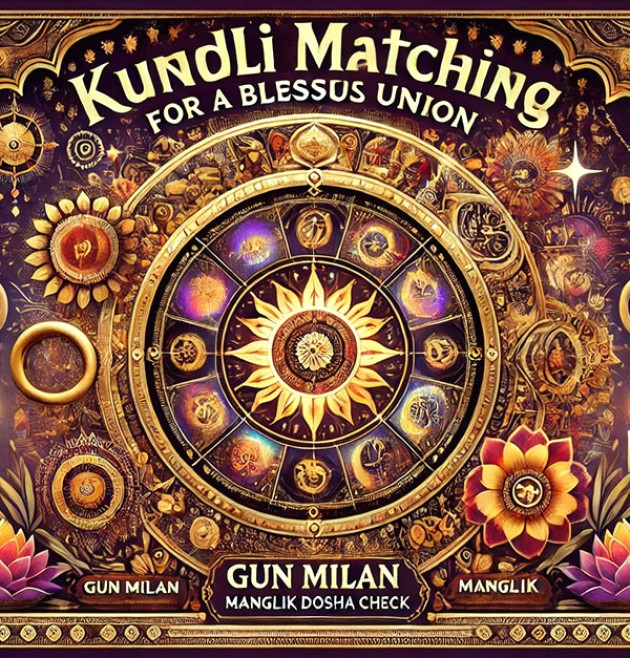
Kundli Matching
Kundli matching, also known as horoscope matching or Gun Milan, is a vital aspect of Vedic astrology, primarily performed to ensure harmony, love, and success in married life.
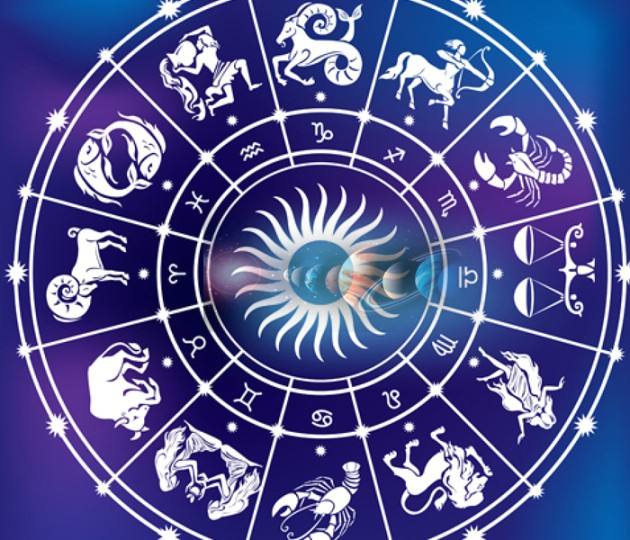
Predictive astrology
Predictive astrology is a fascinating and complex branch of astrology that seeks to forecast future events and life changes based on the positions and movements of celestial bodies. Unlike natal astrology
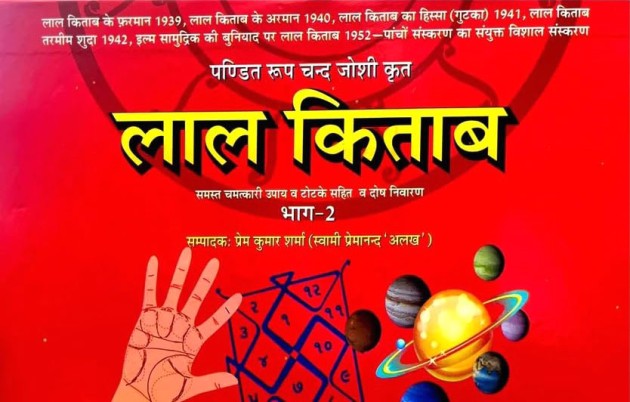
Lal Kitab Astrology
Lal Kitab, translating to "The Red Book," is a unique and ancient system of astrology that originates from India, specifically attributed to the 19th-century astrologer
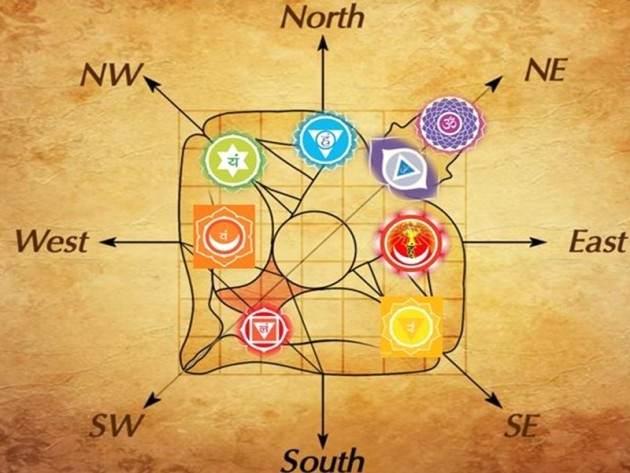
Vastu Shastra
Vastu Shastra is an ancient Indian science that focuses on architecture and design, emphasizing the harmony between nature and human life.
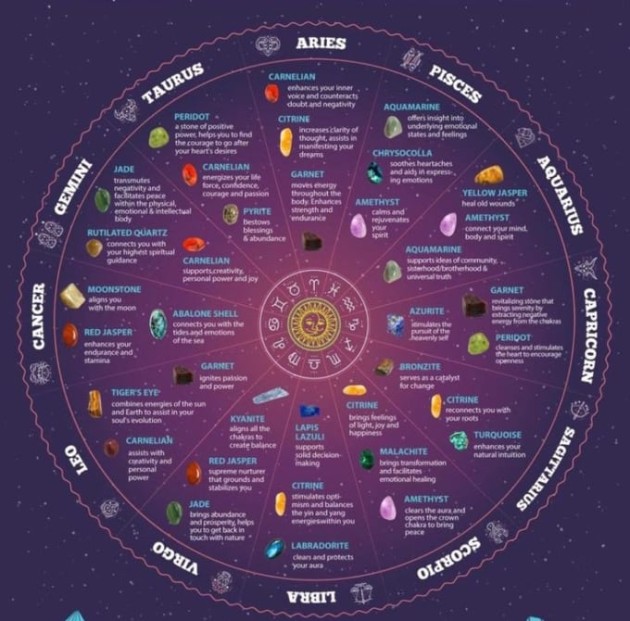
Numerology Astrology
Numerology astrology is a fascinating blend of numerology and astrology, two ancient practices that seek to understand the influence of numbers and celestial bodies on human lives.
